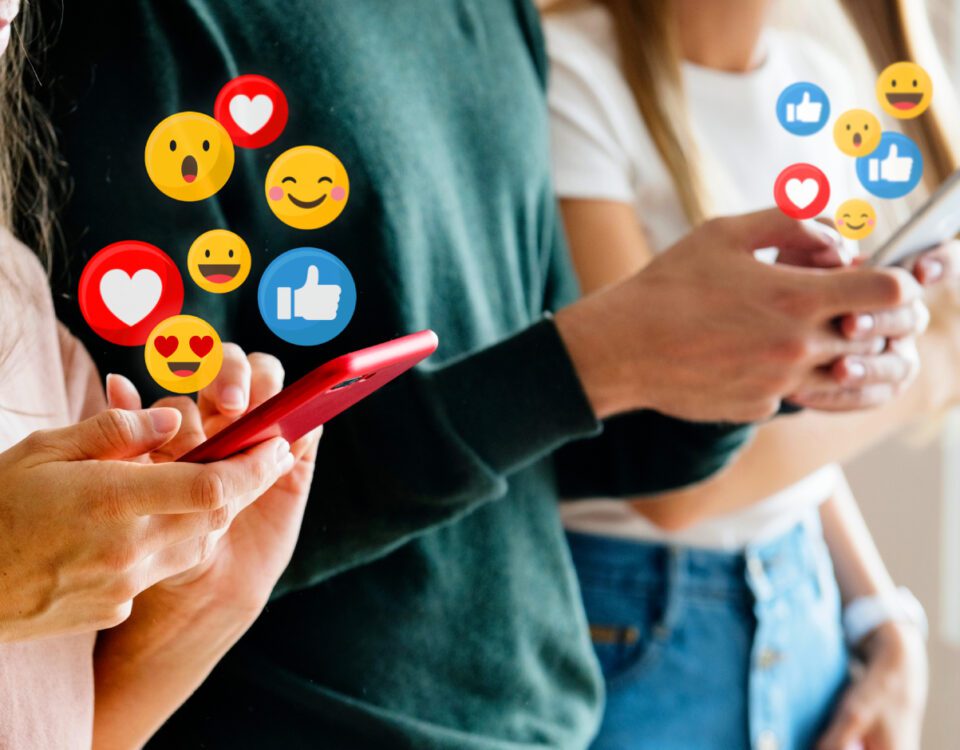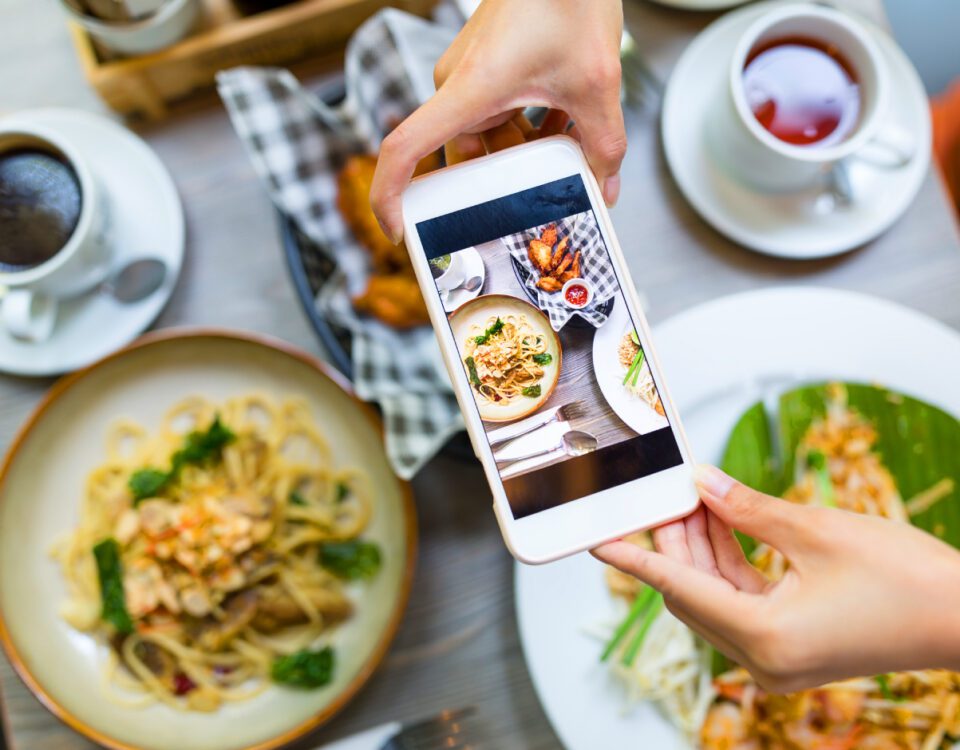Share
Fundraising events and challenges, such as races and marathons, bike rides, dog walks and bake sales, are an excellent way to boost donations for your charity and get you closer to your goal. Plus, your supporters love taking part in them, with 56% of charity donors confirming that they regularly attend fundraisers. But how can your organisation build communities surrounding these activities, cultivate positive conversations and get more people involved? Facebook Groups have a massive 1.8 billion monthly users, making them a great tool to use - and seeing as Facebook’s algorithm has prioritised Groups content since 2018, they can also help your charity become more discoverable in users’ feeds, therefore boosting your reach.
How to Set Up a Facebook Group
Let’s start with the basics: how to set up a Facebook Group. If you haven’t created one before or need a quick refresher, simply follow the steps below.
• Log in to Facebook and switch into your charity Page.
• Click the menu grid button in the top right of Facebook and select Group under the Create menu, or click on the Groups shortcut on the sidebar of your home feed, followed by + Create new group.
• Enter the name of your Group.
• Select the privacy option for your Group - public or private.
• If you select private, you can choose whether to make your Group visible (anyone can find it in search and other places on Facebook) or hidden (only members can find it).
• Enter membership questions if you want people to have to qualify to join (this can help prevent bot accounts and trolls from joining).
• Personalise your Group by uploading a cover photo and adding a description.
• Click Create.
• Connect the Group with your Page so members know it’s officially affiliated with your charity and your existing Page followers can find it more easily.
Regional Groups
If your charity is medium-to-large in size and operates all over the country (or even internationally), it’s likely that your fundraisers are region-specific, so setting up a Facebook Group for each area can really strengthen your networks and help local people feel more connected. In fact, almost 50% of people say they want to participate in smaller and more socially-driven fundraising activities. Followers of your main Page will likely be from a wide variety of places, so breaking down your Groups into towns, cities or counties will make it easier for them to find information and events that are relevant to their communities.
Activity Category Groups
44% of people are interested in exercise challenges and 37% want to get involved in fun runs and walks, so it’s a good idea to segment your Groups by activity. This way, people who like to participate in certain types of sports, games and other hobbies can chat with fellow fans and find details about the activities they’re interested in, rather than seeing generalised information that might not relate to the events they’re planning to attend.
Take a look at the example below from Macmillan, the UK’s biggest cancer support charity, which has divided its Groups into a few different regions and activity categories to help users easily find the right one to join.
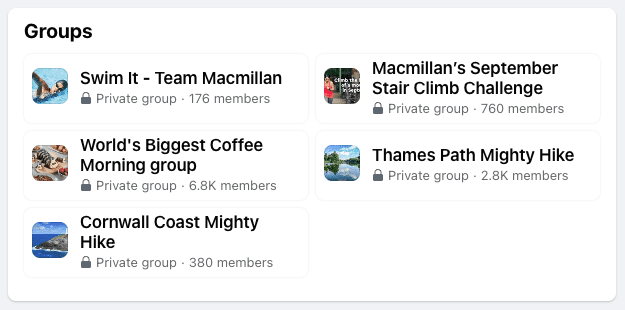

Groups for Specific Events
You can even go one step further and create a new Group for each individual fundraiser, so that the discussion in the Group relates directly to the specific event in question. Of course, Facebook also offers a proper Events tool which you can use for this purpose instead, however once the event is over, your Facebook Event will expire, so Groups can be a useful alternative if you want to keep conversations going after your fundraiser has taken place. Facebook Events also require you to input a date, time and location, which might not be suitable for challenges that can be completed anywhere at any time, making Groups a better option in this case.
Check out the event-specific Groups below from Age UK, a British charity which provides care for older people such as veterans and those experiencing dementia.
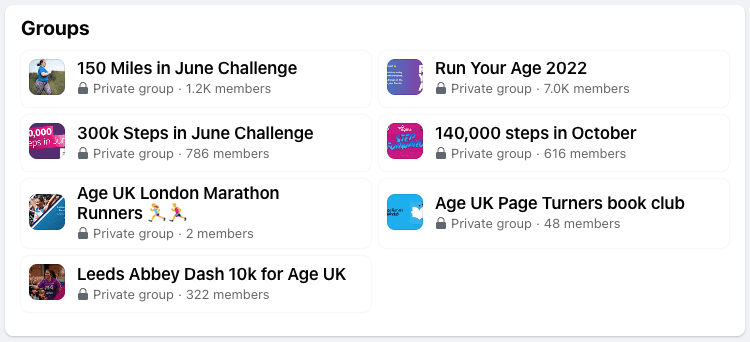

Celebrate Challenge Winners & Top Supporters
Although your Facebook Groups will predominantly be a space for your supporters to chat amongst themselves, it’s important to jump in and interact as your Page from time to time as well, and provide Community Management to your Group members. If a runner has beaten their personal best in a recent race, a participant has shared their challenge progress or a donor has hit a new fundraising milestone, comment below their posts to show your gratitude, uplift them and encourage them to become ambassadors. You can also celebrate collective goals that have been achieved by the whole Group, such as noteworthy targets being met as a result of their hard work, or a record number of new participants being reached.
Keep an eye on your Facebook Group Badges which appear beside the names of significant contributors to your Group, such as:
Conversation Starter
Members who start meaningful discussions.
Founding Member
Early members who joined your Group within the first three days and have helped grow it.
Conversation Booster
People who join key discussions and inspire other members to contribute more.
Visual Storyteller
Members who share photos or videos that others find valuable.
Rising Star
New members who contribute a lot to the community within their first month of joining.
Give Regular Updates
Keep your Group members in the loop and let them know how their efforts are helping your charity’s cause by posting regular updates in your Group. If an update is specific to the activity the Group is about, you can post directly into it, or, if you’d like to share a general message from your organisation’s main Page, you can share it into the Group.
Providing updates to your Group is vital, as two of the most important factors when it comes to raising funds or making donations are:
Trust
Supporters want to feel confident that your organisation will use their money to make real changes instead of wasting it, or using it for a different purpose than the one originally stated.
Seeing the impact
They want to see communications from your organisation about the results of their fundraising efforts, for example case studies.
Collect Valuable Feedback
Additionally, your Facebook Groups can become a key source of feedback from members about your events. After a fundraiser has finished, participants can use the Group to share their thoughts on how well it was organised, how likely they are to attend another one and what kind of experience they had with fellow supporters. They can also give shoutouts and praise to volunteers or members of staff who were particularly helpful throughout the event.
You can even post polls in Groups, which will allow you to ask members to vote on various aspects of the fundraiser, or your charity as a whole. This can be especially useful if you have chosen to segment your Groups by region, as the results can provide significant insights about each division of your organisation.
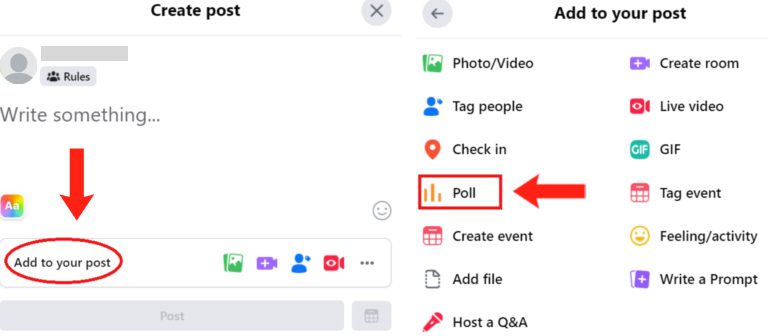

Summary
We hope we’ve helped you understand the value of Facebook Groups for your charity events, and how they can help build close-knit communities surrounding your organisation’s activities. Are you planning to create Groups for your upcoming fundraisers, or do you already have some? Tweet us @3sixfivepro to tell us how they have benefited you and your supporters, or feel free to drop us a message if you need some more tips and guidance.





